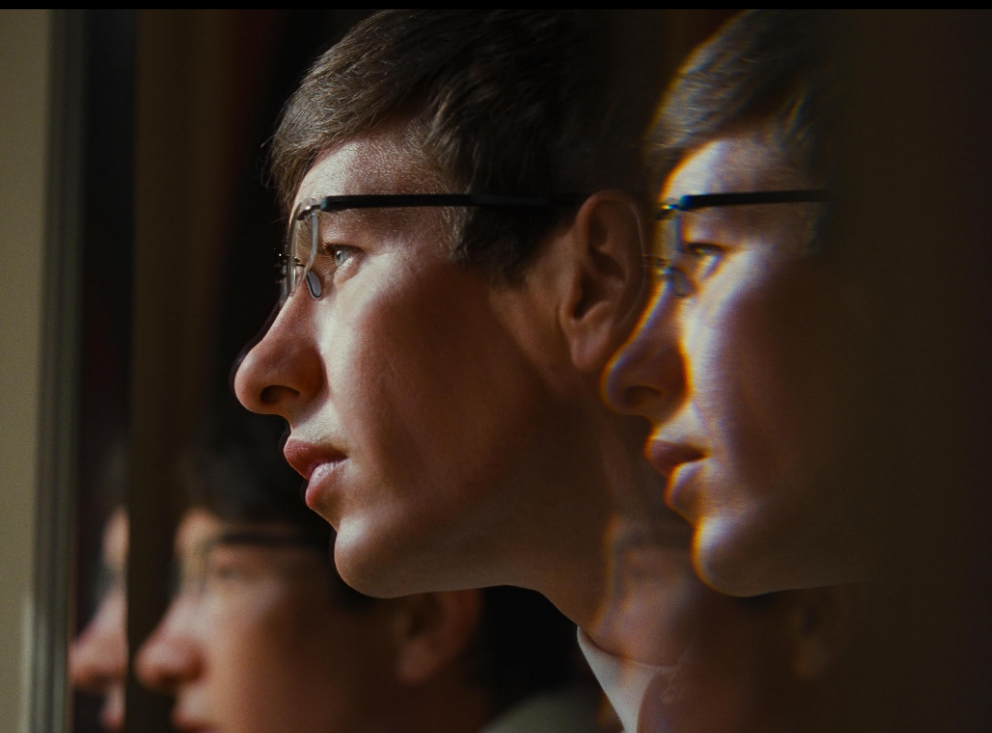
This article contains major spoilers for “Saltburn.”
What initially presents as a cute summer romance á la “Call Me by Your Name” quickly transforms into a story of obsession, murder, mystery and jaw-dropping scenes in “Saltburn.”
The film uniquely combines old-money scenery with young, fierce, euphoric energy pouring from the talented cast, vivid lighting and cinematography and intimate plot and writing. A deep dive into the blindness that lust for money breeds, “Saltburn” is rich with classist microaggressions and social commentary. But “Saltburn” has a few crazy, unbelievable scenes that detract some from the movie — both sacrificing re-watchability for viewers’ shock and overpowering the movie’s messaging.
Directed by Emerald Fennell, “Saltburn” tells the story of Oliver Quick (Barry Keoghan) as he integrates himself into the life of generationally wealthy classmate Felix Catton (Jacob Elordi). Oliver takes advantage of Felix’s pity to lie about his life story, claiming to be a poor only child with a troubled relationship with his addict mother and dead father. We watch as Felix becomes a caretaking friend to Oliver and eventually invites Oliver to spend the summer at their family estate, the famous Saltburn.
Felix’s family embodies many personas of the archetypal old-money family. Felix and his mother Elspeth Catton (Rosamund Pike) are gullible though well-meaning – seeing the poor as a population in need of help, though their care is truly centered upon self-praise and the “white savior” mentality. Felix’s sister Venetia Catton (Alison Oliver) carries the weight of a fragile woman, yet thinks of herself as untouchable and unpunishable. His father Sir James Catton (Richard E. Grant) aptly represents the patriarch of such a family who believes money and exotic extravagance prove solutions to any problems. Finally, Felix’s cousin Farleigh Start (Archie Madekwe) serves as an interesting adversary to Oliver: someone clinging onto the power and wealth they so desperately desire while becoming engrossed in the fantasy of it all, taking on a distasteful arrogance and narcissism.
Fennell develops an intensity that brings out the worst in all her characters. Watching a family that strives so hard for perfection and superiority fall apart was fascinating, and Oliver’s unique relationships with each family member foster different complex questions.
Fennell introduces Venetia as a troublesome, free-spirited girl who likes to play with the minds and bodies of Felix’s friends. We see, however, the power Oliver secretly has over this family as he asserts a clear dominance over Venetia, taking advantage of her own attempts at manipulation and further cementing himself in the family. Oliver similarly overpowers Farleigh and his many attempts to humiliate Oliver, while entrancing Elspeth by assuming the role of a human pet of sorts. The most fascinating relationship, however, was by far the homoerotic tension between Oliver and Felix.
The viewer is left in a state of shock as Oliver shows clear signs of love toward Felix and yet kills him all the same – begging the question of what qualifies as love. Fennell constructs a relationship that dives into the more obsessive sides of love. While Oliver may love Felix in his own twisted way, his obsession and lust overpowers his emotion, removing any true care or compassion Oliver may have felt towards Felix.
Keoghan does an amazing job portraying the complexity and sinister undertone of Oliver’s character. One is torn between understanding Oliver’s desire for wealth one could only dream of, yet being disgusted by his actions, both morally and literally.
The glamor of this film is reminiscent of many newer teen dramas and creates a beautiful mosaic atmosphere through elegant cinematography and a piercing score, which furthers its hypnotizing quality. Various scenes throughout left my theater gasping and squirming in our seats. Oliver pushed the R rating to its limit with his ending nude dance, extended drink of Felix’s post-masturbation bathwater, and outdoor period sex with Venetia. And while these moments were hysterical, I feel they dominate the conversation much more than the other more meaningful notions the film deals with.
While this makes a hilarious and fun experience for a first-time viewer, its shocking effect decreases on repeat watches. While a rewatch allows the viewer to appreciate the hints Fennell drops as to Oliver’s real nature throughout the earlier scenes, this intrigue does not compensate for what is lost on a secondary screening.
Overall, while this film doesn’t seem to be “favorite movie” material, it is a wild ride and worth the watch (without family!), even if only for a one-time screening.














